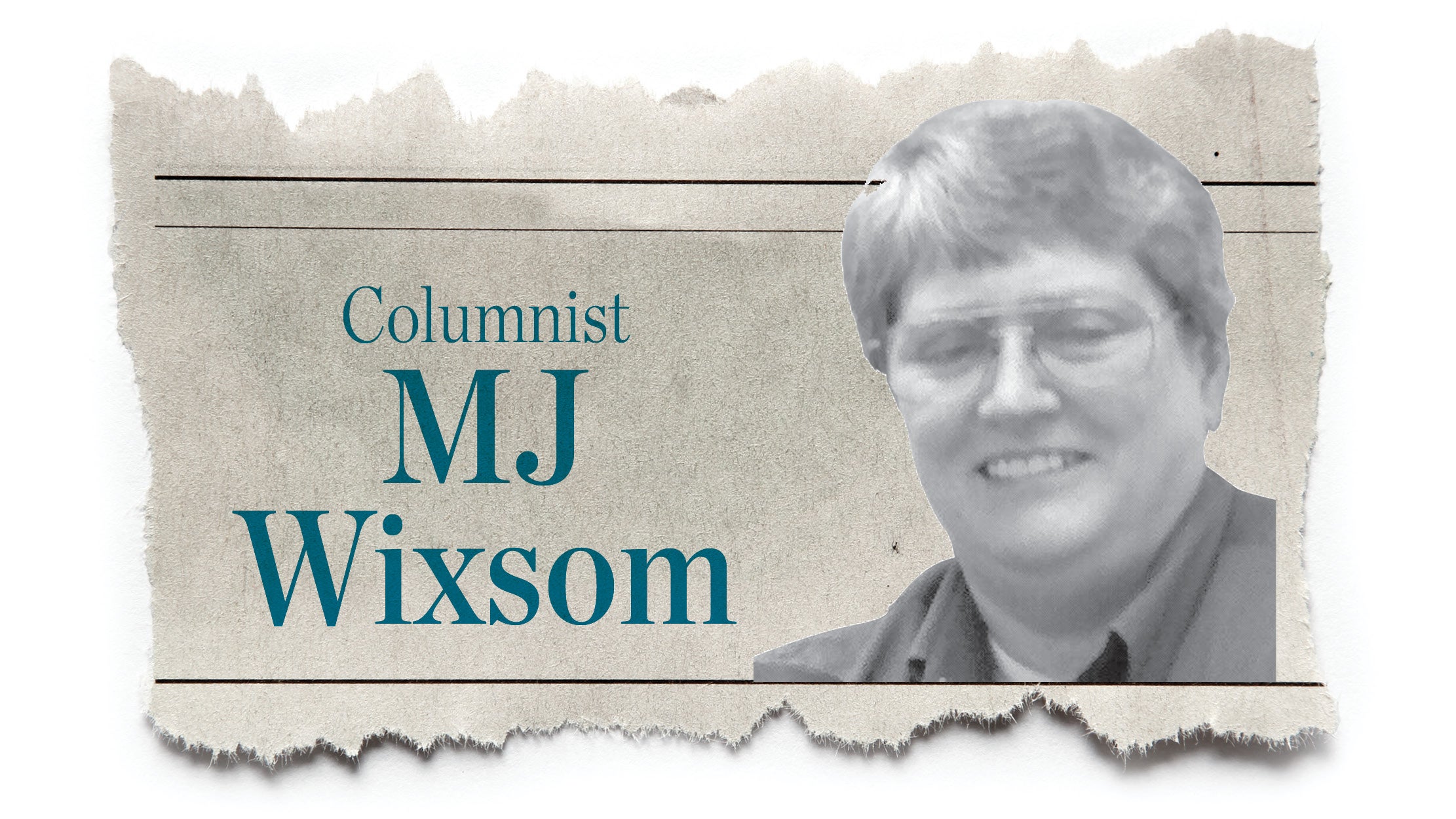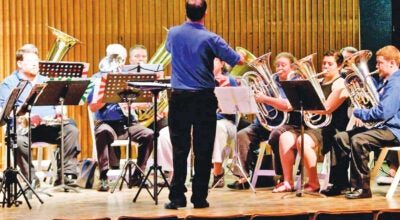Coffee hot commodity during Civil War
Published 12:00 am Sunday, July 31, 2011
“Now, I say, if the Government will persist in supplying the ration of coffee in the grain, it should furnish the means of reducing it to a uniform powder of the proper fineness. But it would be much better to furnish it to the soldier already toasted, ground, and packed in tight tin cases….
But I was speaking of the importance of this matter. Not only from three months of observation, but from actual trial, I am thoroughly convinced that a pint of good coffee is a better beverage for the soldier than all the rye, bourbon, brandy, or even “S. N. Pike’s Army Cordial” or any alcoholic nostrum that ever flowed from a worm.
Reasons could be given for coffee’s superiority. Alcohol acts specially on the stomach and brain; coffee, or rather its principal ingredient—caffeine—acts on the whole nervous system. Alcohol leaves the system more debilitated than it found it. Coffee, on the other hand, does so in a greatly diminished degree, and perhaps not at all when the beverage is not too strong, nor taken too frequently.
Lastly, distilled liquors are transitory, requiring repitition [sic]160 every half hour or hour to sustain their effects on the system. The effects of coffee are, comparatively, permanent lasting from 8 to 12 hours.
This is an invaluable property to the soldier and if in its operation it differed in no other respect from spirits, this peculiarity alone would be amply sufficient to entitle it to the supremacy. I say therefore, give the well soldier no spirituous drink, but a pint of good wholesome coffee at least twice a day. It has no equal as a preparation for a hard day’s march, nor any rival as a restorative after one.
Yours truly,
A. C. Swartwelder
Surgeon, OV, USA
Coffee is furnished to the soldier in the crude state—that is just from the sack. The first thing therefore, he has to do, is to “toast” it. This is done in a camp kettle; and it was informed by privates . . . that this radically important process is frequently done in 10 to 15 minutes.
Now, every person that can “get up” a cup of good coffee knows that it cannot be properly toasted in less than an hour. . . . But to complete the process in 10 to 15 minutes must necessarily burn it, and instead of “toasted” coffee, the soldier has charcoal.
The next step is to reduce this burnt coffee to powder, or in a more familiar phrase, to “grind” it.
How, and with what do you suppose the soldier does this? . . . His sole available means are the same identical camp kettle and his musket—the butt end of which is plain, straight, and smooth. . . . The soldier puts his “burnt” coffee in the kettle, and seizing his musket by the barrel, uses it as a “tamper. . . .”
You can imagine what sort of “ground” coffee the soldier will have; especially when the fact is added that he generally hurries through the operation.
More properly it should be called cracked coffee. I should call it black hominy. Not a few of the grains are halved, more quartered, and the rest of diverse size, of course comminution. Having partaken of it often I speak from personal knowledge. . . .
Union soldiers were give food allowances consisting of hardtack, salt pork, “desecrated” vegetables, and a daily ration of 1 1/2 ounces of coffee.
The Union blockade made it difficult for “Johnny Reb” to get real “brown beans” for coffee and he had to substitute roasted corn, wheat, okra seeds, and dried yams for real coffee.
This letter, cited above, was written by A. C. Swartwelder, a surgeon with the 18th Regiment that was serving in western Virginia. He had signed on for three months, but a bad fever sent him home.
He came home to Lawrence County, Ohio, and wrote this letter from Ironton on September 23, 1861.
Bob Leith is a history professor at Ohio University Southern.




